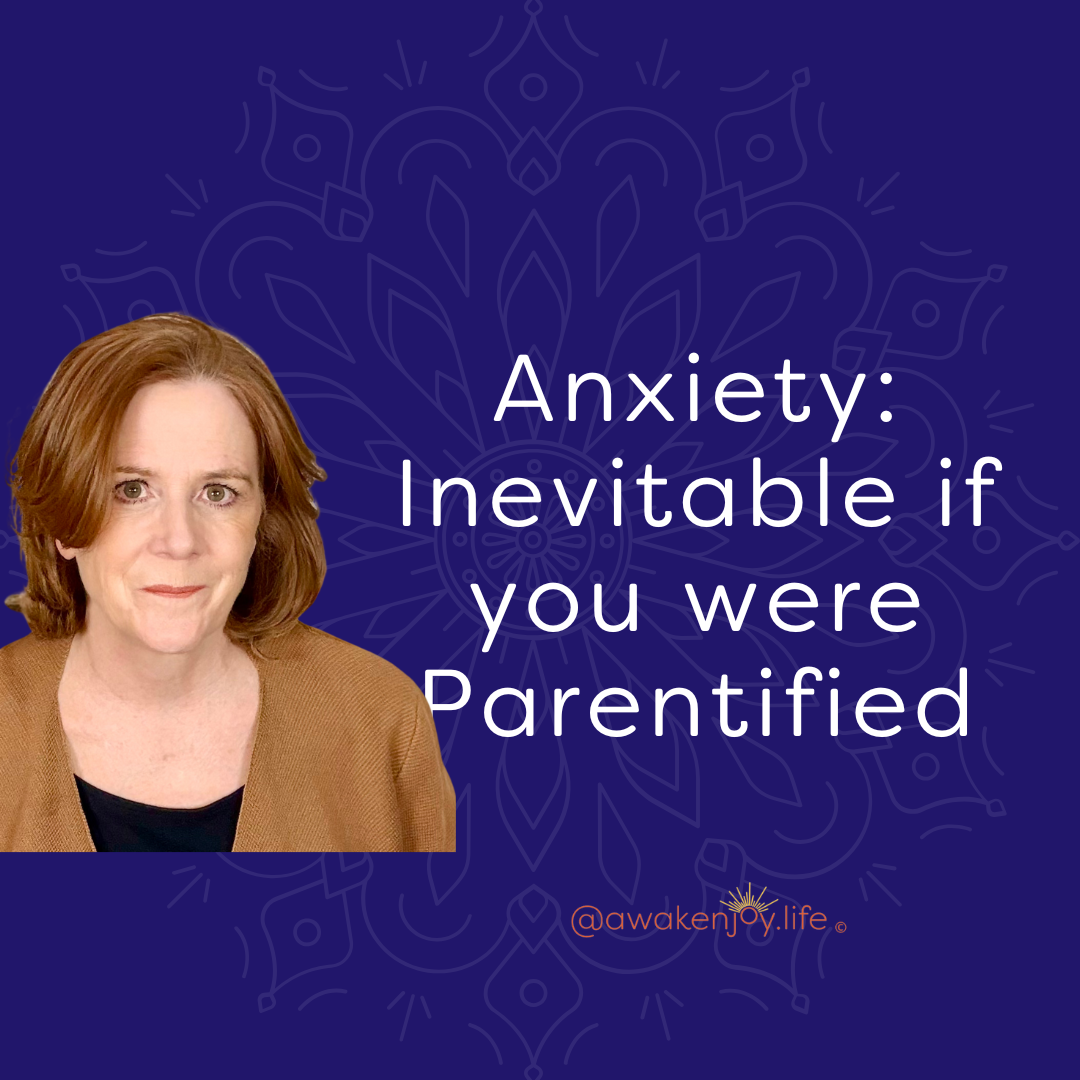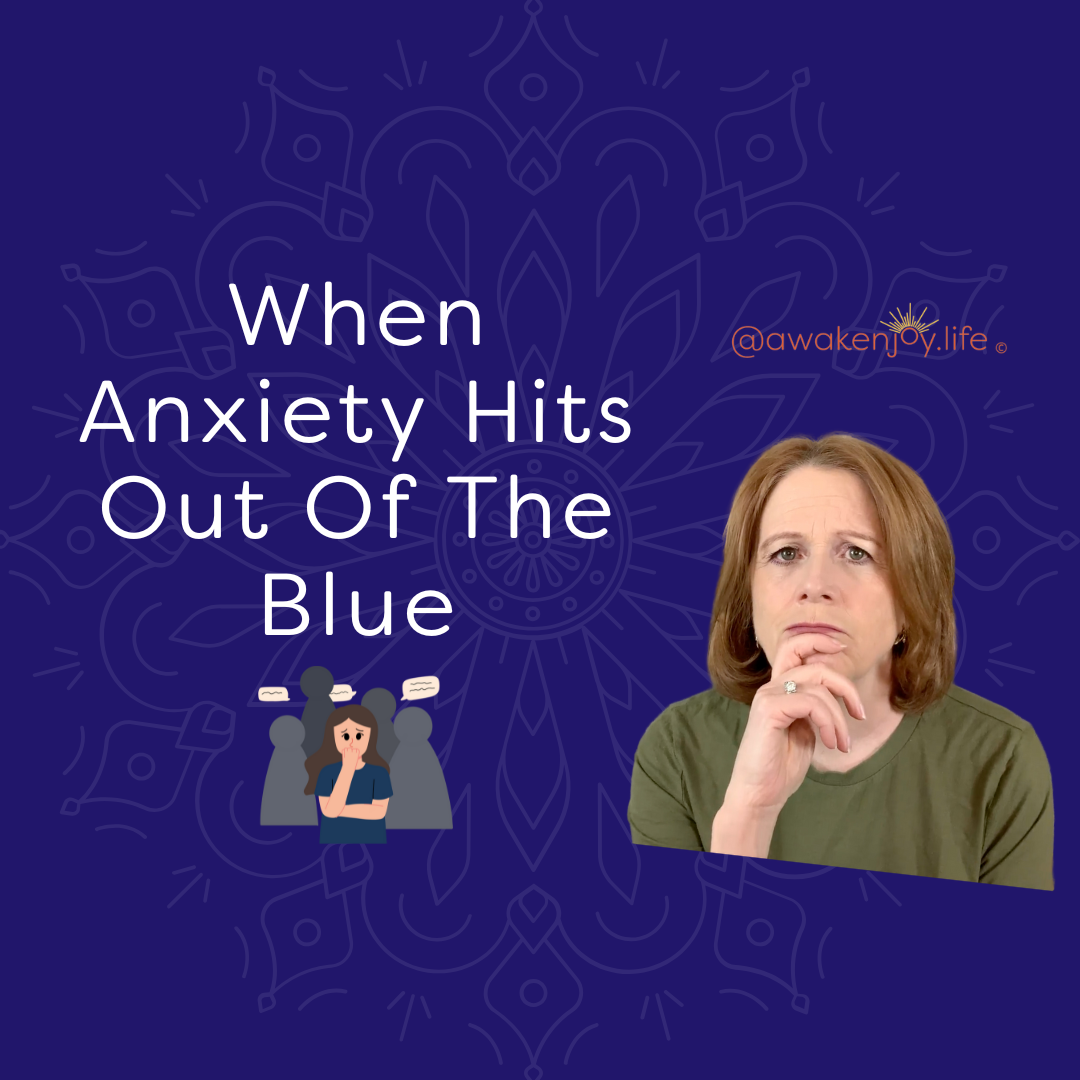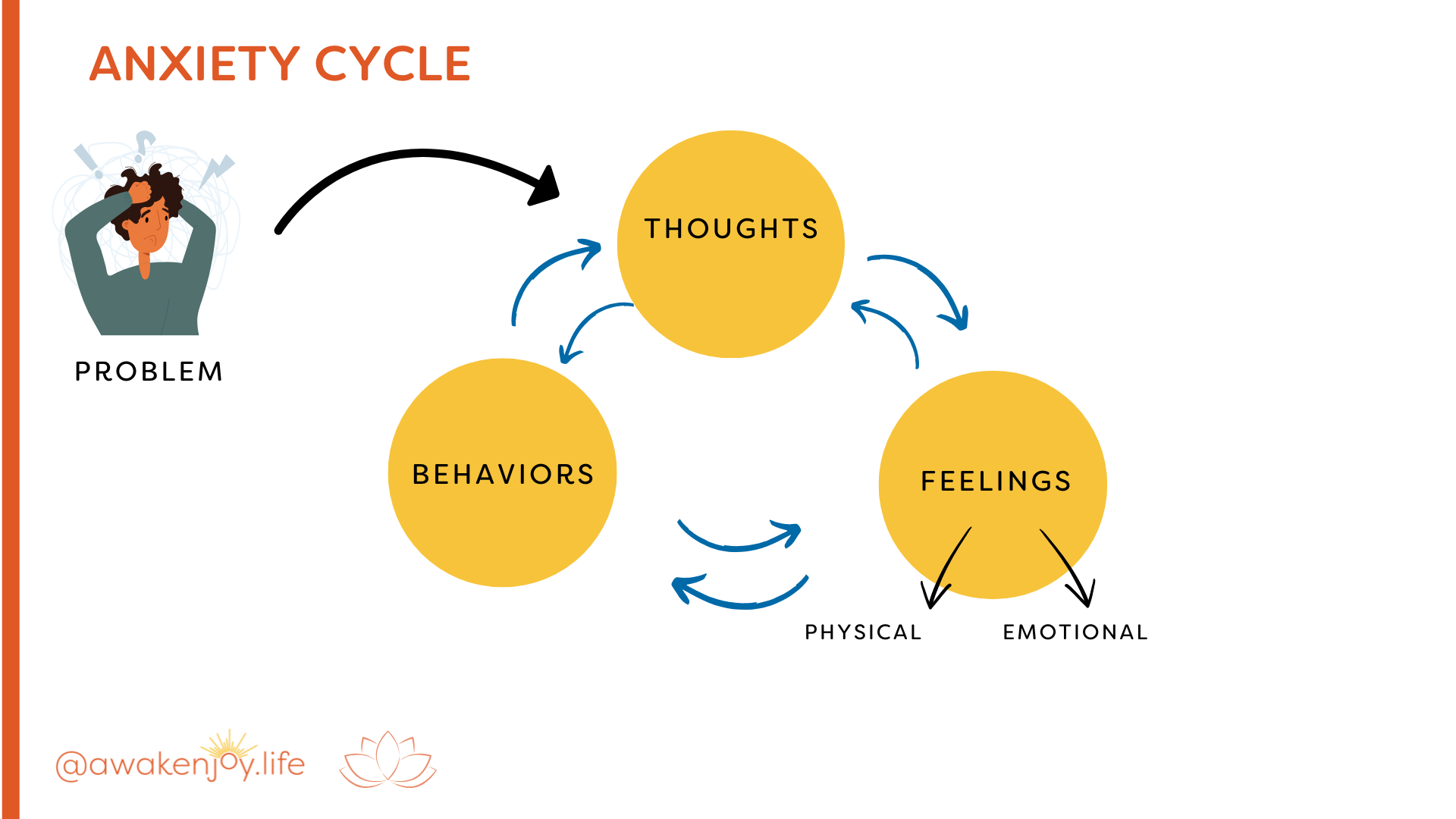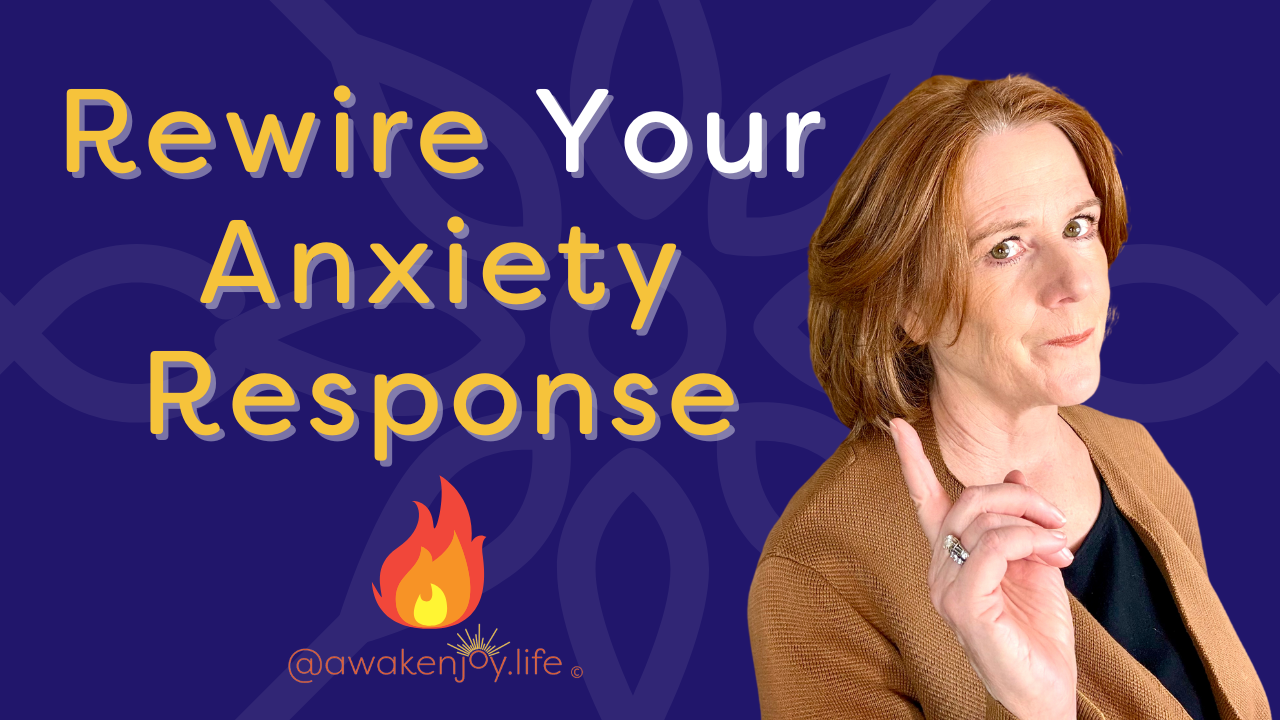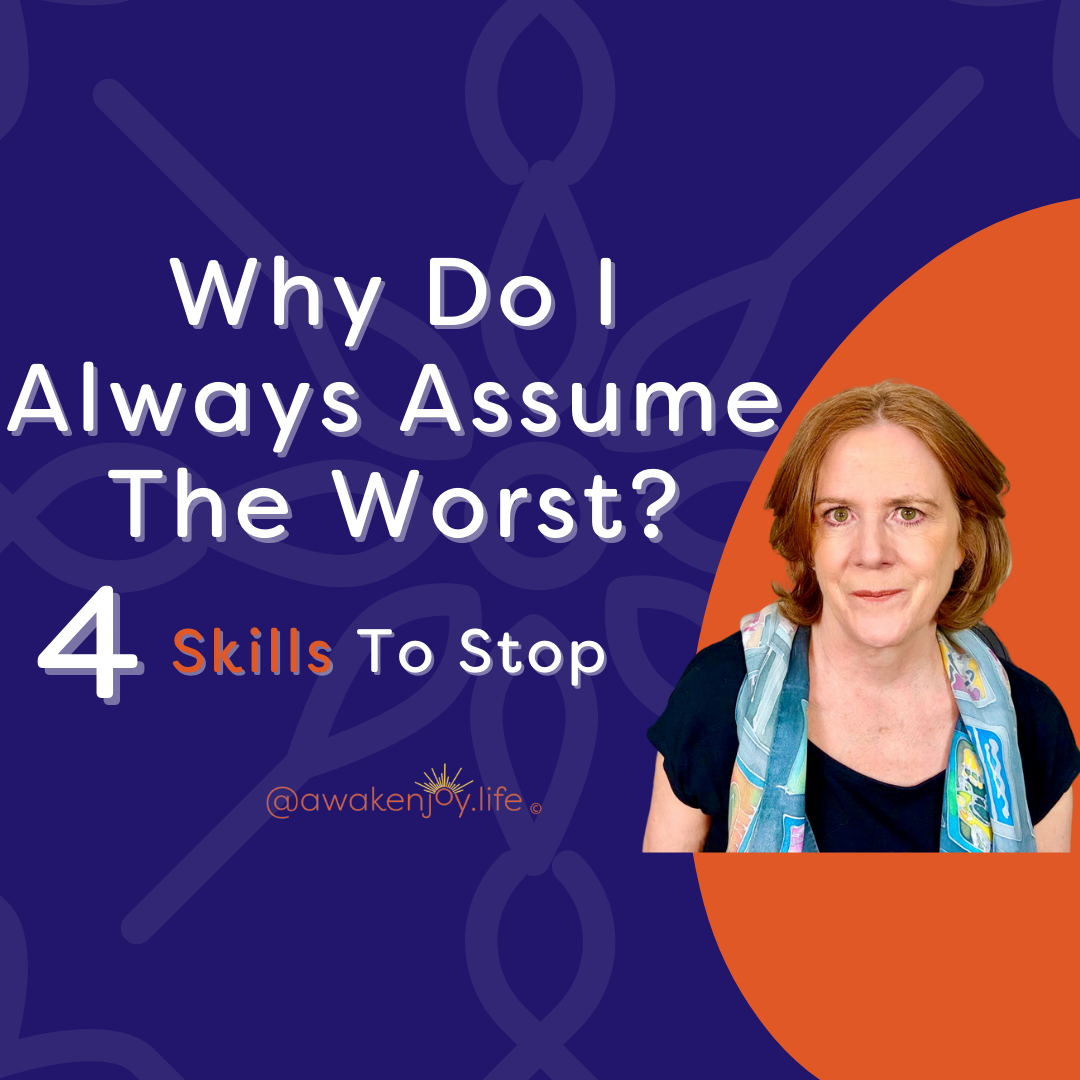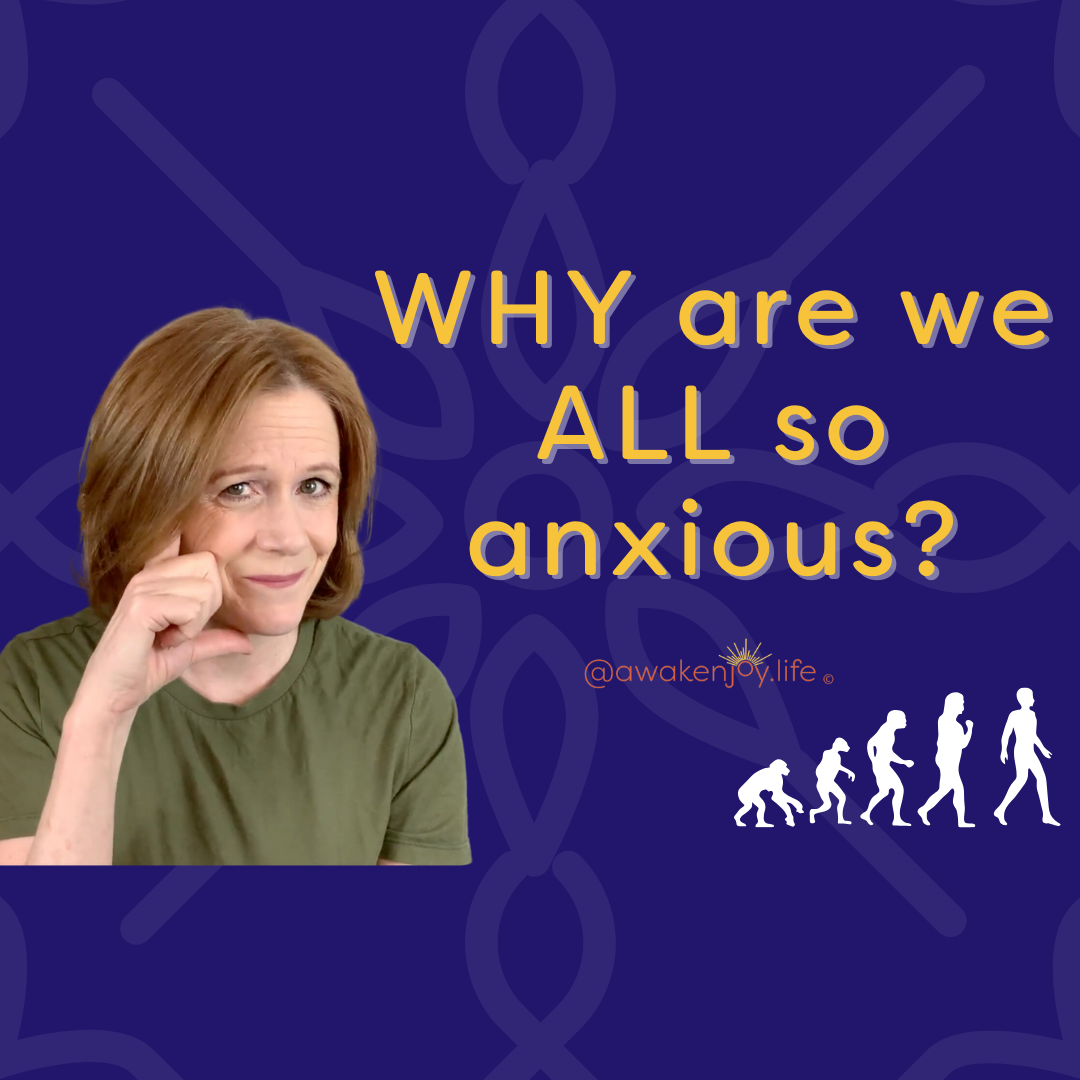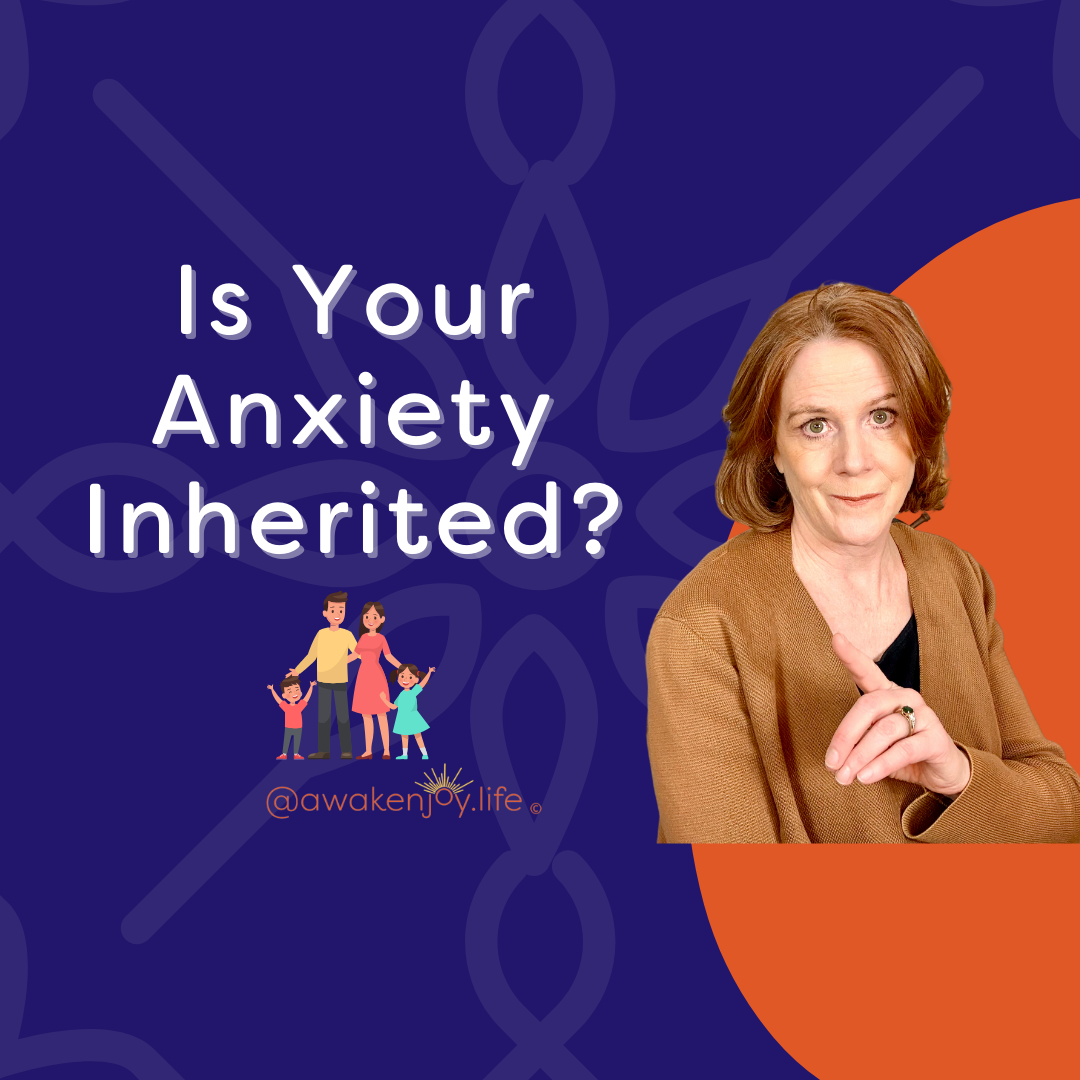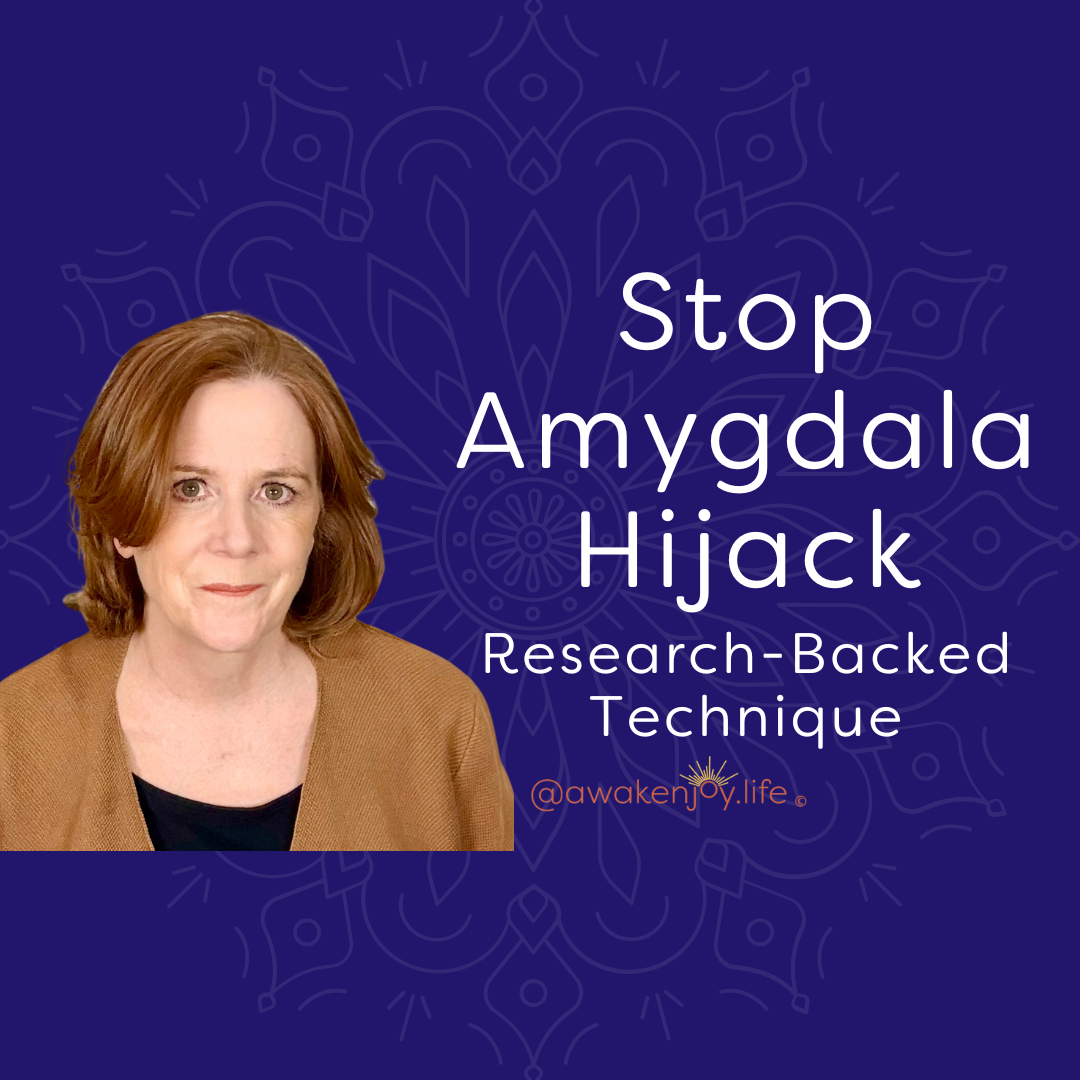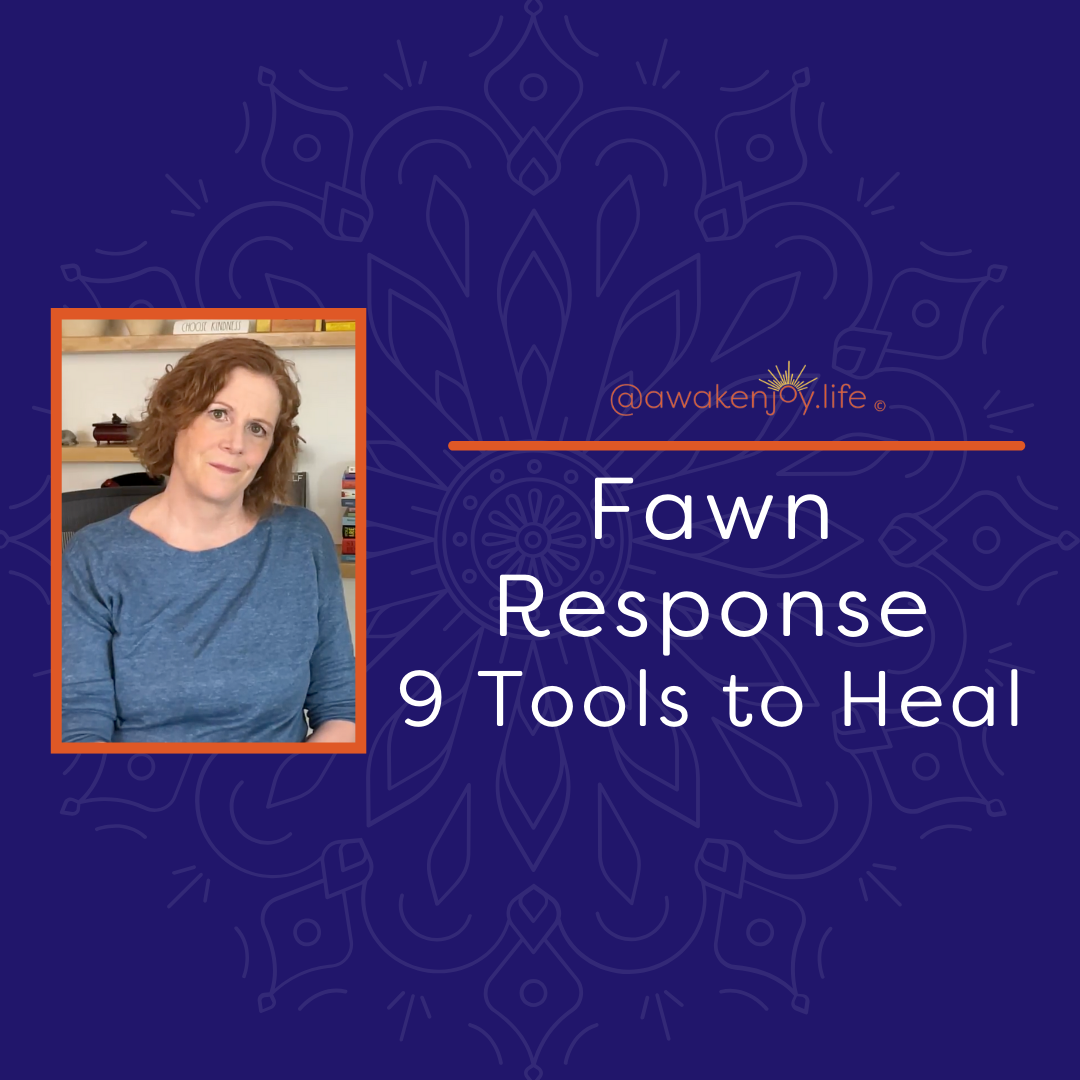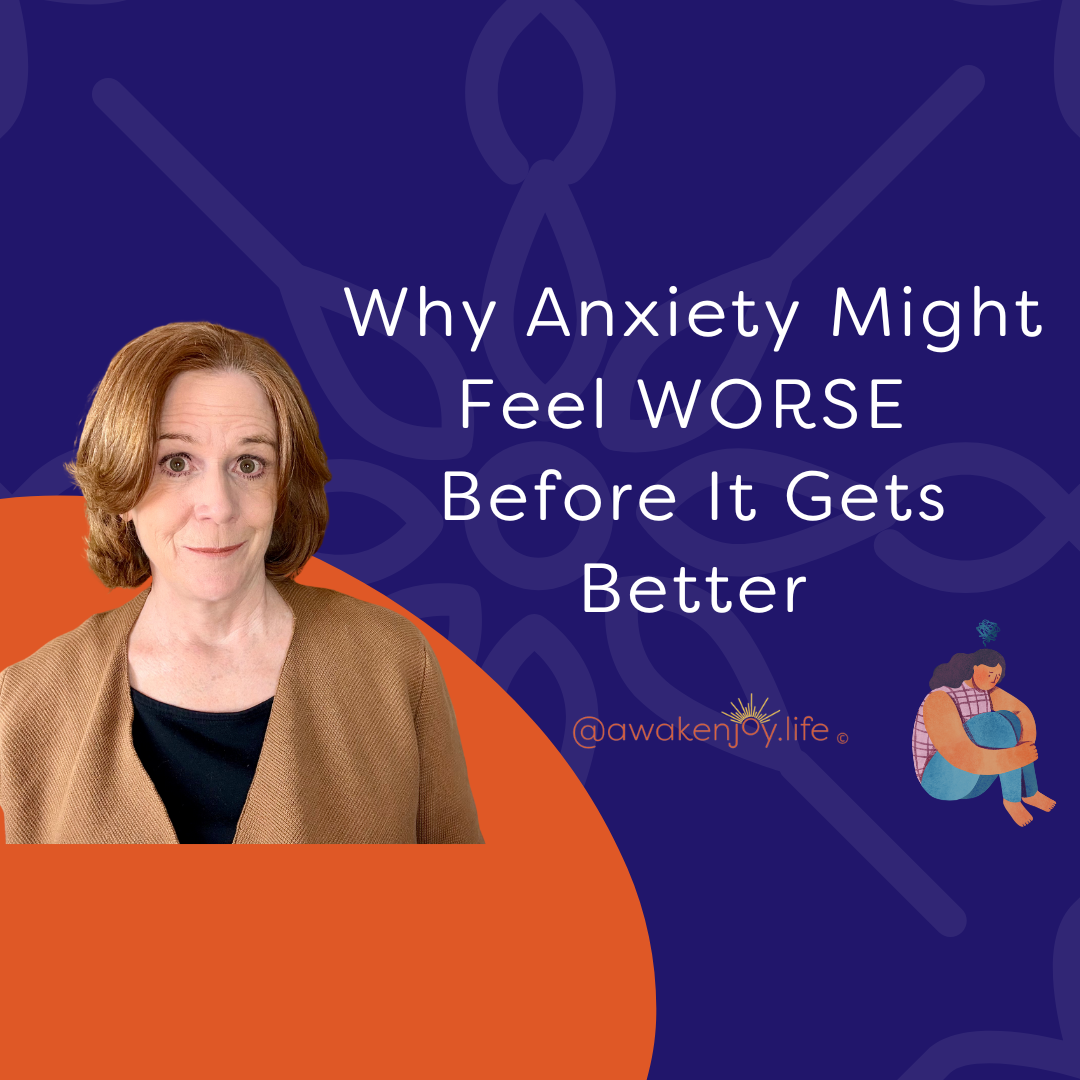By Barbara Heffernan
•
May 20, 2025
The Catastrophizing Mind Something unexpected happens—or something expected doesn't happen—and suddenly you've constructed an elaborate story that leads to disaster, an unbelievably horrible future. Your whole body is feeling it, and you're completely lost in this narrative. This thought pattern creates genuine pain that is largely avoidable—yet it's extraordinarily common, a widespread human condition that persists until we learn how to interrupt it. In this article, I'll discuss why our brains engage in catastrophic thinking, why we get hooked by these thoughts, and how to tame this worst-case scenario thinking. Why Our Brains Catastrophize The fact that you jump to worst-case scenarios isn't because you're defective. Humans have numerous cognitive biases—ways our thinking naturally skews—that contribute to catastrophic thinking. Catastrophic thinking is one of the top ten cognitive distortions humans experience. There are six key reasons your brain gravitates toward catastrophic thinking: 1. **Survival Prioritization**: The human brain evolved to prioritize survival. Our brain focuses on ensuring our survival and therefore constantly scans for potential dangers. 2. **Future Projection**: The human brain is remarkably skilled at projecting into the future. If we didn't possess this ability to think ahead and were solely focused on survival, we would simply address immediate problems. However, we combine this future-thinking capacity with all its inherent uncertainty with our survival bias, causing us to anticipate distant threats that we can't address today and may never materialize. 3. **Negativity Bias**: We pay substantially more attention to negative aspects of our lives than positive ones. This negativity bias likely evolved from our survival focus. Instead of appreciating positive events and envisioning positive outcomes, we tend to ignore positivity, focus on problems, and create troubling narratives. 4. **Story Affinity**: Our brains love stories. The human mind is naturally drawn into narratives. Consider the movies you watch—if everything went smoothly for the characters with no conflict, how long would you remain engaged? Not very long. Our brains are captivated by stories containing conflict, resolution, and further complications. The most compelling books and narratives present one problem after another, and our brains find this engaging. There's an element of self-entertainment in catastrophizing. This might sound difficult to believe—and you're welcome to disagree in the comments—but in a way, we entertain ourselves with these terrible stories. It's somewhat similar to watching a frightening movie that leaves you tense throughout, only to exit the theater questioning why you chose to see it. Some people enjoy such experiences; others are sensitive to them. With catastrophizing, we create this experience internally without even visiting a theater. 5. **Neural Highways**: The brain creates "superhighways" of thought. Neurons (brain cells) that communicate with each other begin to do so with increasing speed and efficiency. The pathways between them become myelinated—a sheath forms around them—allowing information to flow rapidly between different brain regions when we repeat patterns. If our response to surprising events is catastrophizing, this becomes a superhighway. The good news is that these patterns can be rewired, which we'll address shortly. 6. **Negative Core Beliefs**: We develop negative core beliefs at a young age based on stressful situations we encounter. For some, this might involve extreme trauma; for others, it could be "little-t trauma"—neglect or persistent low-level stressors. These experiences can generate beliefs such as: "I'm powerless," "I'm unsafe," "I'm in danger," "Other people are dangerous," "Nothing works out for me," "I'm always unlucky," "People don't like me," "My needs don't matter," "I'm not worthy," or "I'm not lovable." These beliefs arise from traumas—whether major or minor—in childhood and become deeply embedded in the brain. These negative core beliefs often form the theme of what you catastrophize about, and they become myelinated along with other stress responses. This might sound hopeless, but it isn't. Before discussing solutions, let's explore why we get hooked by catastrophic thinking. Why Catastrophic Thinking Hooks Us Catastrophic thinking hooks us because our bodies physically respond to the stories in our minds. Briefly consider the movie scenario again: If you watch an action film with car chases and tense moments, your pulse likely increases and you might feel anxious. If the movie is sad, you might cry. We have physical reactions to imaginary stories, and our catastrophic thinking triggers stress chemicals in our bodies. As we imagine these scenarios, we're partially living through them. The physical responses we experience are remarkably similar to what we would feel if the situations were actually occurring. These physiological anxiety sensations then tell your brain, "Yes, you should worry about this. Yes, you need to fight, flee, freeze, panic, or run away." Your physical body contributes to the thought pattern, intensifying it. The behaviors you engage in—whether avoidant or compulsive (the two common behavioral responses to anxiety)—further contribute to this cycle, making it worse. When people claim it's "all about your thoughts," that's not entirely accurate. Further, sometimes we can't control our thoughts. We can't always control our thoughts, but if we understand this cycle, we can calm some of those physiological sensations and change certain behaviors, which in turn will reduce catastrophic thinking. Four Skills to Tame Worst-Case Thinking Here are four skills to develop that will help you calm this habit of worst-case thinking. I'm deliberately calling them "skills" and referring to catastrophizing as a "habit" because overcoming bad habits and creating new ones requires practice. All of these techniques will require practice. They may be challenging at first and sometimes tedious, but with practice, they'll become more accessible, particularly during "amygdala hijack" moments when your emotional brain takes over. **1. Build Awareness** Developing awareness of when you're catastrophizing is crucial. If we're unaware of what we're doing, how can we change or stop it? This might require practice. You might become completely absorbed in a disaster scenario before eventually recognizing, "Oh, I'm just imagining this. It's not actually happening." Even if you can't reach that level of awareness, you might notice, "I'm completely stressed about this, and my partner or friend is telling me to calm down, but I don't want to calm down." That's the moment to pause and ask, "Am I catastrophizing? Does this story deserve this much power right now?" Whether you can stop it or not at this point, questioning its value is important—until you're convinced it's not worth doing, you're unlikely to stop it. Build awareness of when you're catastrophizing, and with practice, you'll recognize it earlier. Then you can label your thought even if you can't stop it. Often we can't control our thoughts, but we can label them: "This is a cognitive distortion," "This is a distorted thought," "This is catastrophizing." Labeling helps us gradually separate from our thoughts. Even if you're convinced you must think through this catastrophic situation, ask yourself if you need the physical stress response you're generating. Is there a way to consider these possibilities without all the physical anxiety? **2. Investigate Your Patterns** This skill involves cognitive investigation—exploring why you get upset about specific things. We've discussed why the human brain generally catastrophizes, but why do you personally do it? What are your triggers, and what are your negative core beliefs? Sometimes people struggle to identify their negative core beliefs. I offer a free PDF ( click here to access ) that guides you through identifying your negative core belief and provides three tools to begin overturning it. How does your catastrophizing relate to your personal story? Some people are triggered by social situations, others by work, natural disasters, or major world events. Some people are triggered by everything (more characteristic of generalized anxiety disorder). Your worst-case thinking might be very specific—perhaps about public speaking (a common phobia) or health anxiety. Whatever form it takes, investigate your triggers and their origins. **3. Challenge Your Stories** When you have a catastrophic story, try writing down the major events. Here are several methods for challenging the story (the last being my favorite): As you note the components of your catastrophic story, ask yourself aloud or in writing: - Is this actually happening? - What's the likelihood this will happen? - Is there anything I can do about this right now? If you're dealing with a real problem, there's probably something you can do about your current situation, but it's highly unlikely you can address all the problems in your catastrophic story. Focus on what you can do now. Then ask yourself: - What other endings could this story have? I often recommend developing a different story with a positive ending, and another with a neutral ending. Realistically, most situations in life end with a mix of good and bad elements. Journal or use your phone's audio recorder to create a structure for questioning these stories, considering different outcomes, and bringing your focus back to the present moment and what you can do now. **4. Change Your Behaviors** The fourth skill involves changing the behaviors that accompany your catastrophic thinking and contribute to the neural pathways in your brain. We want to rewire these patterns, and behavior change is one of the most effective approaches to do so. Consider the cycle that catastrophic thinking leads to physical sensations which impacts your behavior. catastrophic thinking → physical sensations → behaviors The first skill listed above, Awareness, addresses the entire cycle. The second and third skills focus on the thinking aspects of the cycle. In order to address the behavioral aspect , we need to develop new behavioral responses to our anxious thinking. Most commonly, the behaviors that arise from anxious thinking are either compulsive or avoidant. So sometimes a new behavior means not engaging in a compulsive behavior. For example, if you have health anxiety and habitually search the internet for symptoms, finding yourself in a rabbit hole of possible diseases, that's a behavior. Stopping this behavior is essential for recovery because these compulsive actions contribute to the cycle by providing momentary relief. That brief relief reinforces the cycle and keeps you stuck. The same applies to avoidance. If you're panicking about giving a presentation at school and call in sick, that avoidance might initially give you relief, reinforcing to your brain that avoidance is appropriate. It reinforces that the situation is genuinely threatening and should be avoided. The temporary relief perpetuates the cycle. Instead of avoiding, the behavior to develop is to do the thing you're avoiding. If you're engaging in compulsive behaviors, the skill to develop is not doing those things. As you consider this CBT cycle of how thoughts affect behaviors and feelings, and how behaviors affect feelings and thoughts, you can introduce a behavior like diaphragmatic breathing, which immediately impacts your physiology. Our physical state can change remarkably quickly when we alter our breathing and actions. Learning diaphragmatic breathing is an excellent tool for interrupting this cycle. People often try to practice diaphragmatic breathing during an amygdala hijack, when it's generally less effective. I recommend truly learning proper diaphragmatic breathing technique—a very even inhale and exhale, not a deep breath followed by a quick release. It's a slow, even breathing pattern that expands your lungs, pushes down your diaphragm, and extends your stomach outward. I have a detailed video on this technique that I'll link here . I recommend that you practice five minutes at a time, three times daily, every day. Try it for two weeks and observe any changes, then continue for another two weeks. This is about habit formation—we want diaphragmatic breathing to become our automatic breathing pattern. Diaphragmatic breathing aims for a state of alert relaxation rather than alert stress or complete relaxation to the point of sleep. This middle ground is achievable, but it requires consistent practice. Summary: Key Points If you frequently catastrophize, there's nothing wrong with you—it's a common human pattern supported by our brain's natural tendencies. We get hooked because of anxiety chemicals and our love of stories. The four skills to develop are: 1. Building awareness of when you're catastrophizing 2. Investigating your personal triggers and negative core beliefs 3. Challenging catastrophic stories and creating alternative endings 4. Changing behaviors that reinforce the cycle If you found value in this article, please share with someone else who might benefit! How does catastrophic thinking affect your life, and which of these skills do you think might help you the most? I'd love to hear your thoughts in the comments below.

